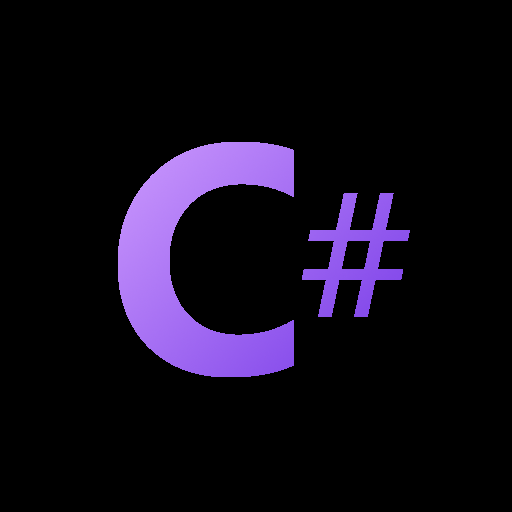I’m not that familiar with newer c# code and only recently started with result pattern but tbh, I can’t tell what is this code supposed to do. Does opt resolve to true or false in this case? Why do you want TestStringFail to always execute, and what should it return? Why is opt.None true when it was initialized with a valid string value, what does None even mean in this context?
- 3 Posts
- 8 Comments

 2·4 months ago
2·4 months agoI have this instinct drilled into me for years that anything using reflection is bad, both in terms of performance or code clarity/ease of debugging. Your answer is correct though, I could make a generic method using reflection… now I’m just not sure if it’s better to just manually hardcode the cases for all types anyway

 1·4 months ago
1·4 months agoThe switch case was based on an enum but it is what I want to get rid of. In the end I ended up doing what you wrote there, expect instead of casting I’m just writing
case Type.Int: return MyTypedMethod<int>(args) case Type.IntNull: return MyTypedMethod<int?>(args) // etc for another 10+ different typesIt just feels like I’m doing something wrong if i have to manually handle every case in a switch (or if else) statement and I was wondering how could I write, for example, a method that would do the conversion from Type.Long to System.Int64 for me, and then I just pass that type into the generic method instead of having to manually translate it into a type every time it is used.
However, if I have to use reflection maybe hardcoding it manually every time is actually faster and easier to debug so maybe i’m just overthinking it.
That c# 7 structure looks interesting but not sure it solves my issue, I need to get to the part where i have the generic type T in the first place. I dont know how to get a “T” out of a custom field indicating type, so to speak.
edit: as for the invalid code, i just wrote it quickly as example but you are right. Pretend it says switch (field.SomeType) instead of it being a method

 1·9 months ago
1·9 months agoI was really hoping there was something like hamachi/xfire/garena from the old days but modernized and more stable 😅 I just assumed it’d be a solved problem by now.
I’m not giving up on tailscale yet, I’ll try the funnel feature but yeah… seems a bit troublesome for sure

 1·9 months ago
1·9 months agoThanks for linking that, seems like a great resource! Seems like there’s a few that support UDP although I’m not sure if they will work with a CGNAT setup, also their setup seems a bit more complicated and technical than expected but I need to look more into it tomorrow. If everyone else needs to have this installed then that might be an issue

 1·11 months ago
1·11 months agoFetches from the database again, it’s just a temporary bundle of data rather than a persistent cache. We have caching for commonly-read/rarely-updated entities but its not feasible for everything ofc.

 1·11 months ago
1·11 months agoValidation is usually the first step so I only start preloading after it’s done of course, but you are right - you can easily end up loading more data than it necessary.
However, it can also result in fewer overall queries - if I load all relevant entities at the beginning then later I won’t have to do 2+ separate calls to get relevant data perhaps. For example, if I’m processing weather for 3 users, I know to preload all 3 users and weather data for the 3 locations where they live in. The old implementation could end up loading 3 users, then go into a loop and eventually into a method that processes their weather data and do 3 separate weather db hits for each of the users (this is a simplified example but something that I’ve definitely seen happen in more subtle ways).
I guess I’m just trying to find a way to keep it a pure method with only “actual logic” in it, without depending on a database. Forcing developers to think ahead about what data they actually need in advance also seems like a good thing maybe.
Is this something like the overseerr but for phones?